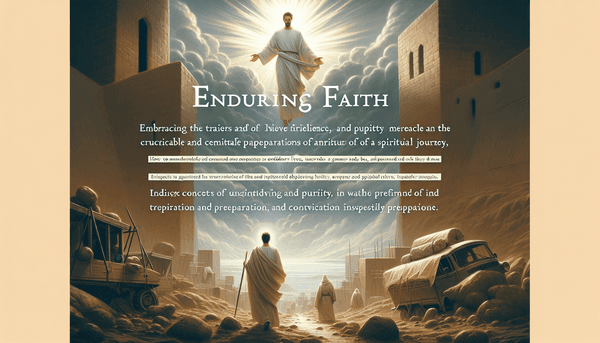Engaging with the Bible: Ownership and Interaction
The Bible is not merely a static text to be revered from afar, but a living document that invites interaction and engagement. Many believers find that writing notes in their Bibles can be a profound way to reflect on God's Word and internalize its teachings. This practice is a personal choice and can deepen one's connection to Scripture, as it has been for many a means to remember and apply the wisdom found within its pages to daily life. The Bible itself testifies to its own importance in guiding the believer's journey, as it is 'God-breathed and useful for teaching, rebuking, correcting, and training in righteousness' (2 Timothy 3:16-17). It serves as a lamp to our feet and a light to our path, a truth further explored in the article Illuminating Your Path: Embracing Bible Reading in a World of Distractions (Psalm 119:105) and is sharper than any double-edged sword, discerning the thoughts and attitudes of the heart (Hebrews 4:12). As believers engage with Scripture, they follow the exhortation of Joshua 1:8 to not let the Book of the Law depart from their mouths but to meditate on it day and night.
Living Out Trust in God
Living out our faith means placing unwavering trust in God's wisdom and sovereignty. The Scriptures call us to 'trust in the Lord with all our heart and lean not on our own understanding' (Proverbs 3:5-6) and to commit our ways to Him (Psalm 37:5). Trusting in God involves more than mere acknowledgment; it requires an active obedience and a heartfelt seeking of His will. It is a trust that brings peace and steadfastness, as those who trust in the Lord will be kept in perfect peace (Isaiah 26:3-4) and will be like a tree planted by the water (Jeremiah 17:7-8). This trust is not passive but is demonstrated in the way we live our lives, making choices that reflect our belief in God's goodness and faithfulness. In a world of uncertainty, the believer's trust in God serves as a testament to the reliability and constancy of the Lord, our refuge in times of trouble (Nahum 1:7).






